
The Ultimate Cybersecurity Roadmap for Beginners
Mar 03, 2025 3 Min Read 5671 Views
(Last Updated)
Cybersecurity jobs are also one of the most handsomely paying jobs in recent times. Furthermore, the annual growth rate of cybersecurity jobs as identified by LinkedIn is 30%.
Well, this digital era survives more on social media. The increase in cybercrimes has the least amount of surprise attached! We find ourselves more comfortable sharing personal details on electronic gadgets. Banking credentials and important documents look more secure as softcopies on our laptops than handy.
However, we can barely give a blind face to the increasing cybersecurity threats. Sadly, these are creeping into our private and public computing systems. Therefore, this situation needs to be addressed in the stern.
That said, cybersecurity jobs are turning out to be extremely appealing careers. It, in turn, is prompting the urgent requirement for cybersecurity consultants. Skilled cybersecurity specialist jobs are thus making their way in most of the sectors of the industry.

Table of contents
- Why do people want a career in CyberSecurity?
- What are the Cybersecurity jobs in the market?
- Qualifications and skills required to be a Cybersecurity specialist
- Cybersecurity Fundamentals:
- Security Tools:
- Cloud Security:
- Problem-Solving:
- Attention to Detail:
- Communication:
- Teamwork:
- Adaptability:
- Ethics:
- Continuous Learning:
- What are the learning gaps for someone interested in Cybersecurity?
- Wrapping Up
- FAQs
- Do I need a technical background to start a career in cybersecurity?
- How can I gain practical experience in cybersecurity as a beginner?
- Is ethical hacking a recommended path for beginners in cybersecurity?
- Are cybersecurity professionals in high demand?
- How long does it take to become proficient in cybersecurity as a beginner?
Why do people want a career in CyberSecurity?
Most importantly, a career in cybersecurity or network security has practically unlimited growth. Firstly, personal motivation is the prime purpose why people are willing to become cybersecurity consultants. Secondly, a career in cybersecurity is fun and rewarding.

But let us warn you! You may be expecting a career more in line with Hollywood’s presentation of security professionals. Sadly, in that case, we suggest you should think again!
Before moving into the next section, learn all of the Cyber Security and Ethical Hacking fundamentals from GUVI’s Cyber Security and Ethical Hacking Course and understand how to implement them with this beginner-friendly Cyber Security course along with Ethical Hacking.
Additionally, if you want to learn Ethical Hacking alone, enroll for GUVI’s beginner-to-expert Ethical Hacking course and make your mark in the cybersecurity industry.
What are the Cybersecurity jobs in the market?
When we analyze a career in cybersecurity, a plethora of jobs demands knowledge in cybersecurity. Security consultants or Security Systems Engineers are an integral part of any company. Likewise, IT directors/managers/consultants and Security auditors/architects are also leading global companies.
Chief information security officers (CISOs), Chief compliance/privacy/risk officers, Systems analysts, or administrators are some of the other professionals who need to have a strong understanding of cybersecurity principles.
To sum up, network specialists, analysts, managers, architects, consultants, or administrators are the major domains where professionals need a thorough understanding of cybersecurity.
Well, the next question that might come to your mind is how can you possibly get there? We’ll guide you through.
Qualifications and skills required to be a Cybersecurity specialist
A job so demanding might need skills to outdo the same. Is that what you are thinking, as well?

These are the Cybersecurity certifications that add up to your skillset to be a proficient cybersecurity consultant-
- CCNP Security: Cisco Certified Network Professional Security
- CEH v10: Certified Ethical Hacker
- CISA: Certified Information Systems Auditor
- GIAC: Web Application Penetration Tester
- CISSP: Certified Information Systems Security Professional
- GSEC / GCIH / GCIA: GIAC Security Certifications
Apart from attaining the right credentials, to be a cybersecurity professional, one should also have the following skills –
Cybersecurity Fundamentals:
One should understand the foundational concepts, such as threat vectors, attack types, and security protocols to become a Cybersecurity professional.
Security Tools:
The learner should gain familiarity with cybersecurity tools and software available widely within the industry. Knowledge of firewalls, intrusion detection systems, antivirus, and encryption methods is crucial.
Cloud Security:
The learner should gain familiarity with cloud platforms (e.g., AWS, Azure) and the security measures associated with them.
Other than technical expertise, one should also develop the following soft skills to become a Cybersecurity professional.
Problem-Solving:
The ability to analyze complex situations and find effective solutions.
Attention to Detail:
A crucial skill for identifying vulnerabilities and anomalies.
Communication:
Clear communication is vital for working with colleagues and conveying security concerns.
Teamwork:
Many cybersecurity tasks involve collaboration with colleagues from various departments.
Adaptability:
The field of cybersecurity is constantly evolving, so being adaptable to new threats and technologies is essential.
Ethics:
An ethical approach to cybersecurity, respecting privacy and legality.
Continuous Learning:
Staying updated with the latest threats, tools, and best practices is also crucial.
So, the list of certifications and requisite skills is intriguing! If you are looking forward to becoming a cybersecurity professional, make sure you get the above list checked.
Although, this list looks straightforward. Believe us, a lot of confusion is going around the same! Somehow, students and professionals seem to be unclear of the path to traverse to becoming a successful Cybersecurity specialist.
What are the learning gaps for someone interested in Cybersecurity?
The journey towards a Cybersecurity job is not very easy. One needs to cover multiple subjects that seem to be much off track.
Network Security, Information Security, Penetration Testing, viruses, Malware, Access Management, Firewall, Cryptography, Digital forensics, etc., are just so many fields to be touched.
In short, getting the certifications and attaining the skills is achievable if you have a roadmap and career path handy.
Kickstart your Cybersecurity journey and learn all of the Cyber Security and Ethical Hacking fundamentals from GUVI’s Cyber Security and Ethical Hacking Course and understand how to implement them with this beginner-friendly Cyber Security course along with Ethical Hacking.
Alternatively, if you want to learn Ethical Hacking alone, enroll for GUVI’s beginner-to-expert Ethical Hacking course and make your mark in the cybersecurity industry.
Wrapping Up
The field of Cybersecurity offers abundant opportunities for those who are passionate about building a career in Cybersecurity and protecting digital assets and data in an increasingly interconnected world. This blog on beginner’s roadmap for a Cybersecurity Career has highlighted the essential steps to get started on this professional path.
As a cybersecurity professional, you will not only be at the forefront of safeguarding organizations from cyber threats but also have the chance to continually learn and adapt to an ever-evolving landscape. If you’re a beginner looking to take your first steps into the world of cybersecurity, embrace the learning process, stay curious, work on your practical side, and be committed to your journey.
FAQs
No. Technical background is not always necessary, but it might be useful. Many cybersecurity professionals come from various educational and professional backgrounds. It’s more important to have a willingness to learn and acquire technical skills.
To gain practical experience, you can enroll in comprehensive online courses led by subject experts, pursue internships, work on personal cybersecurity projects, and more.
Yes! Ethical hacking is considered a recommended path for beginners who are interested in identifying and fixing vulnerabilities. However, it’s important to gain foundational knowledge before diving into a career in ethical hacking.
Yes! With evolving cyber threats, growing companies are seeking resources and solutions to protect their data from such vulnerabilities. So, cybersecurity professional has a high chance of employability in organizations of today.
Depending upon your career goals, It may take 3-6 months to become proficient in cybersecurity, but the learning process should be continuous due to the rapidly evolving nature of the field.

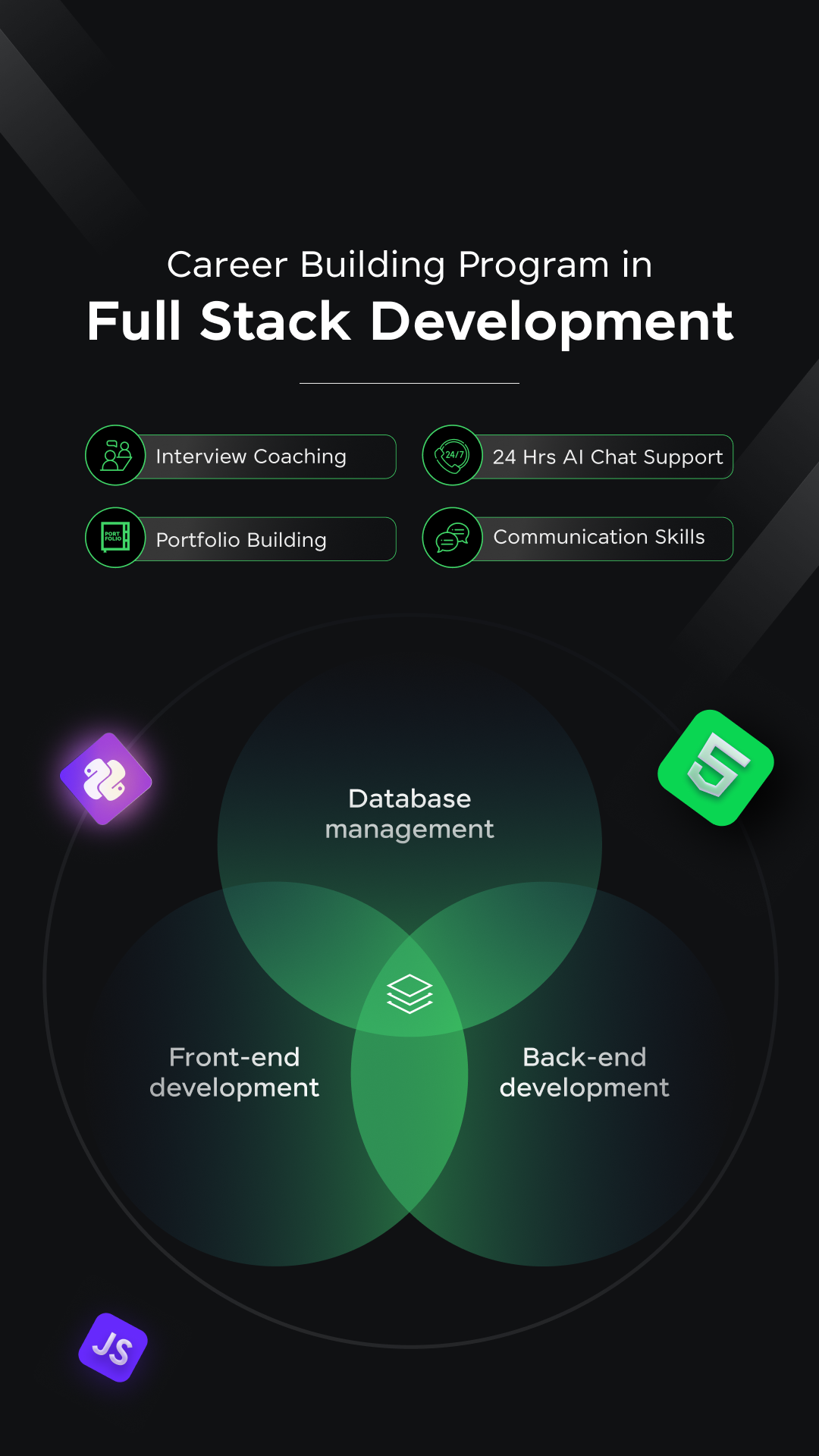



















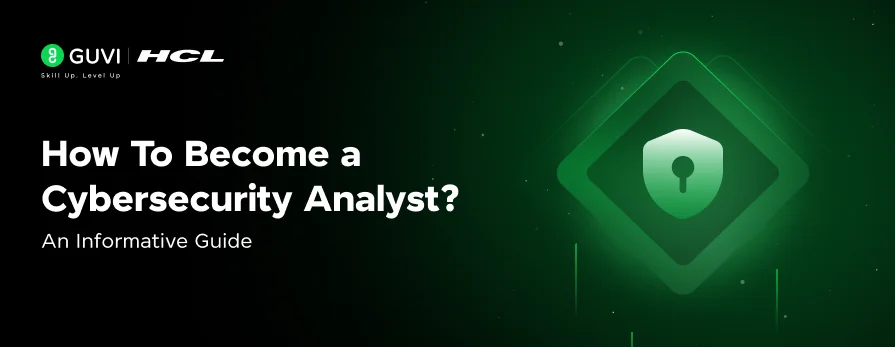
![How to Become a Security Architect: A Beginner's Guide [2025] 6 security architect](https://www.guvi.in/blog/wp-content/uploads/2025/05/How-to-Become-a-Systems-Engineer_-Expert-Guide-for-Beginners.png)
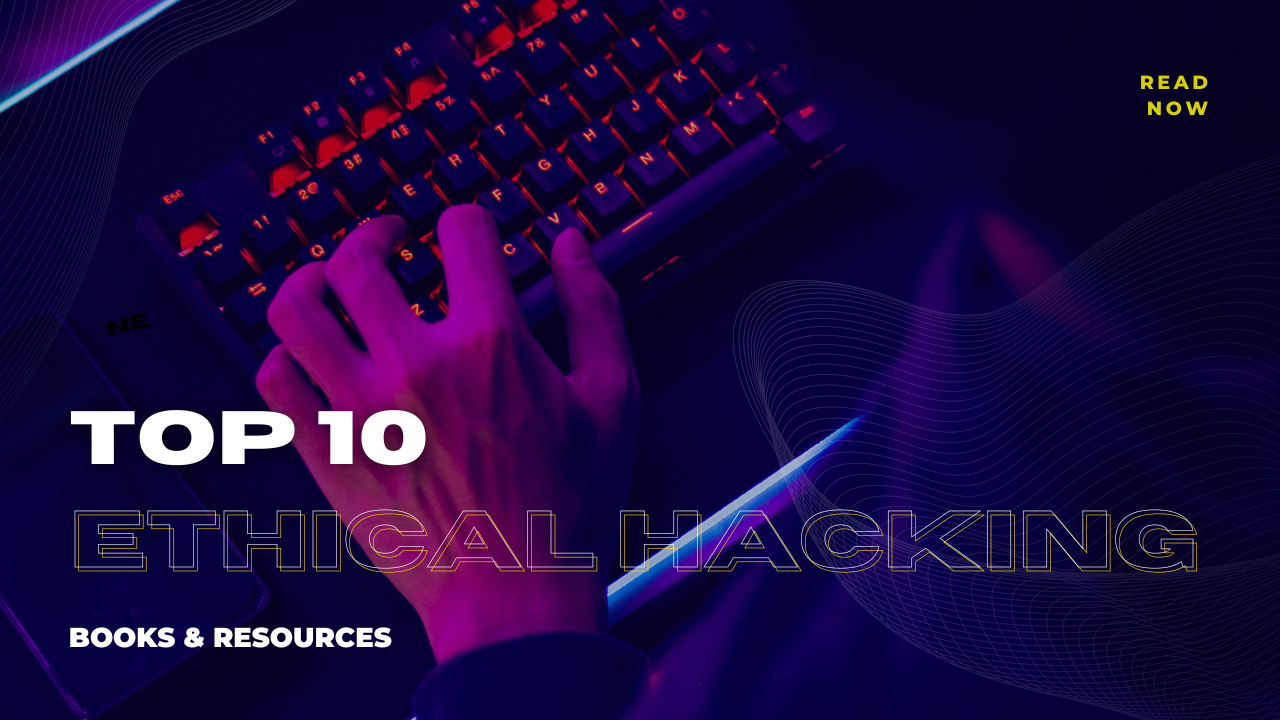
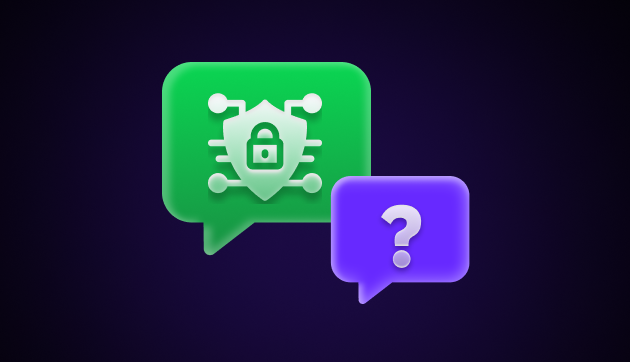
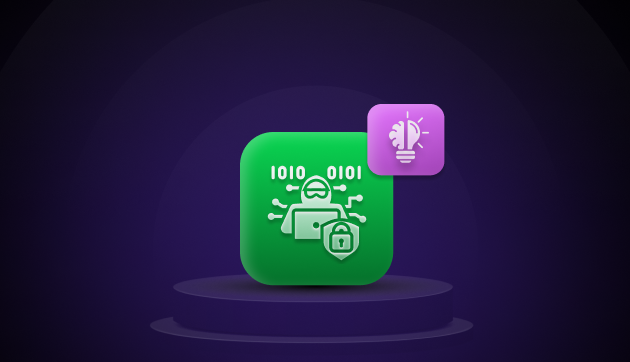
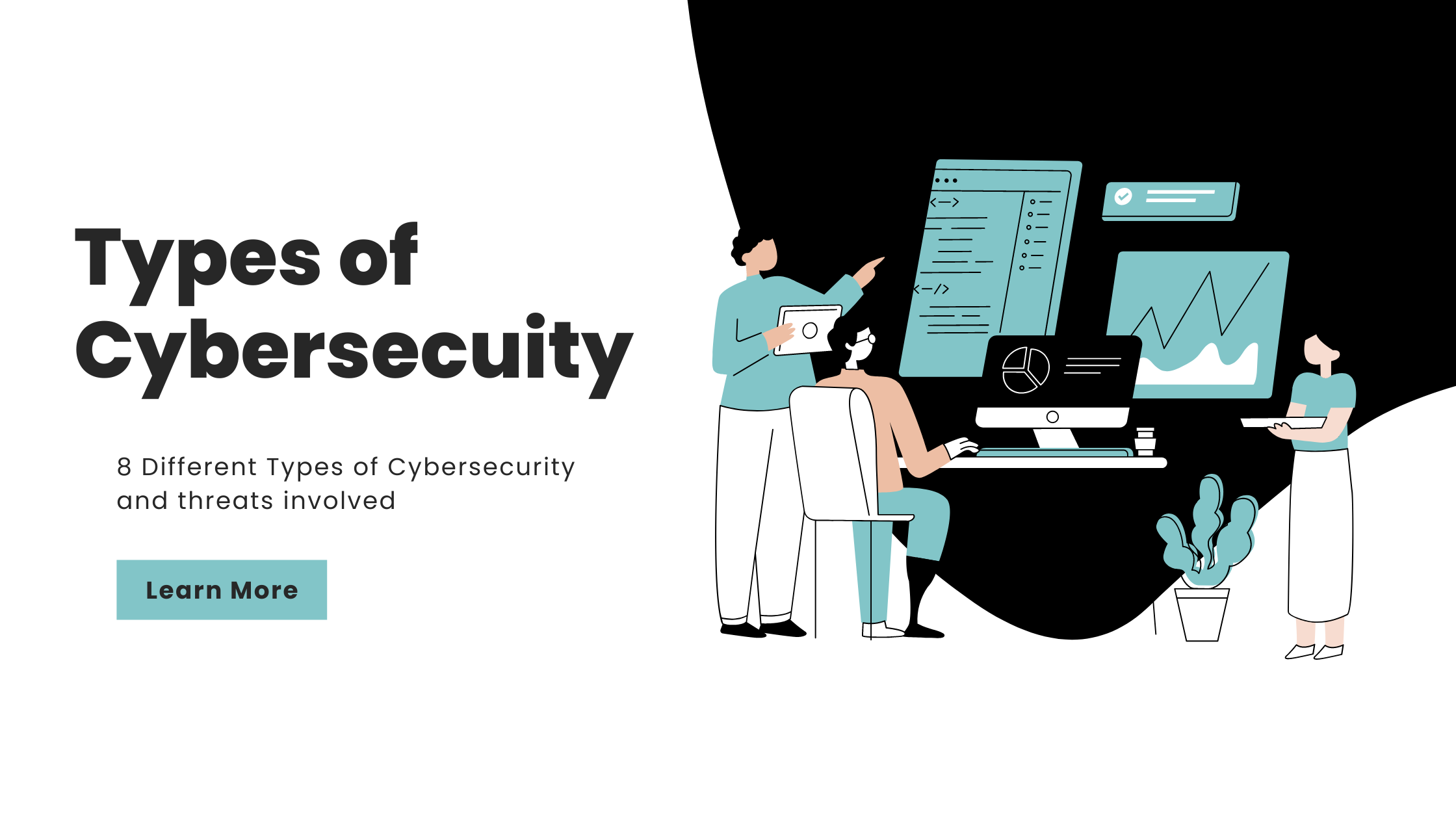
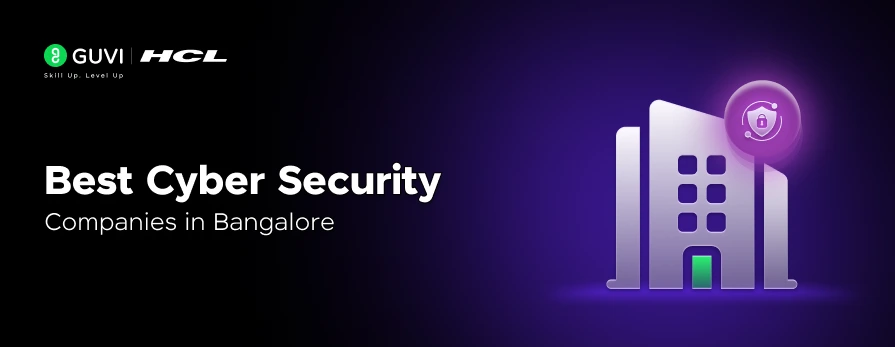
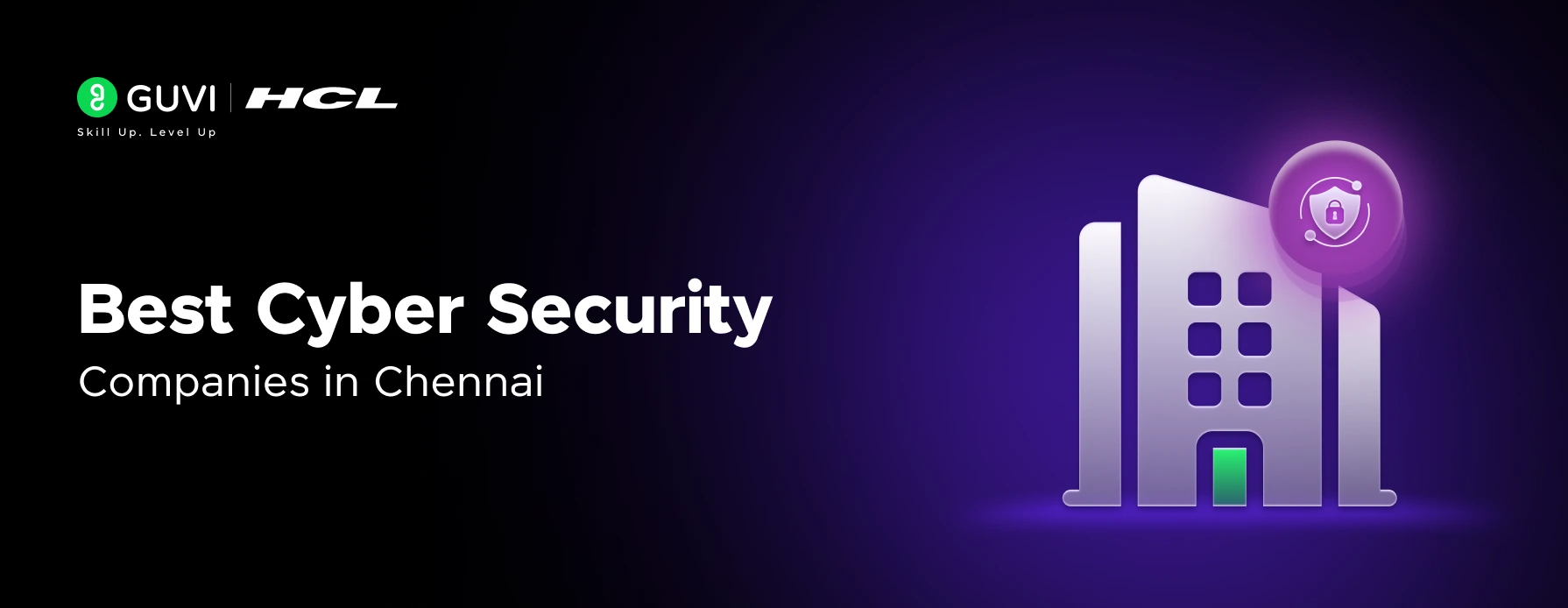

Did you enjoy this article?